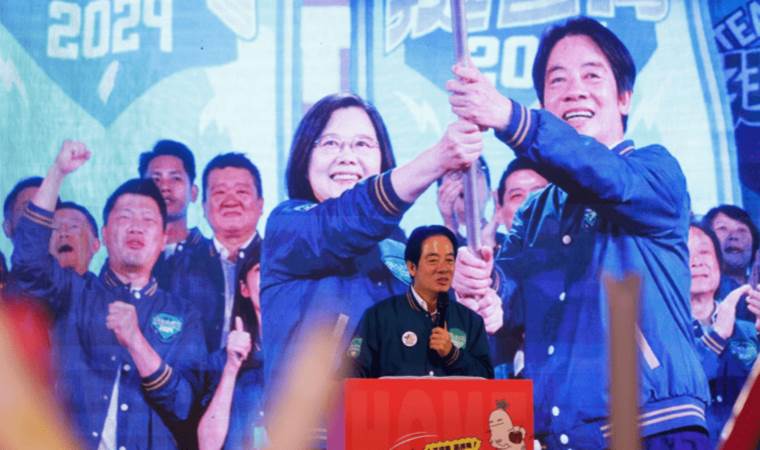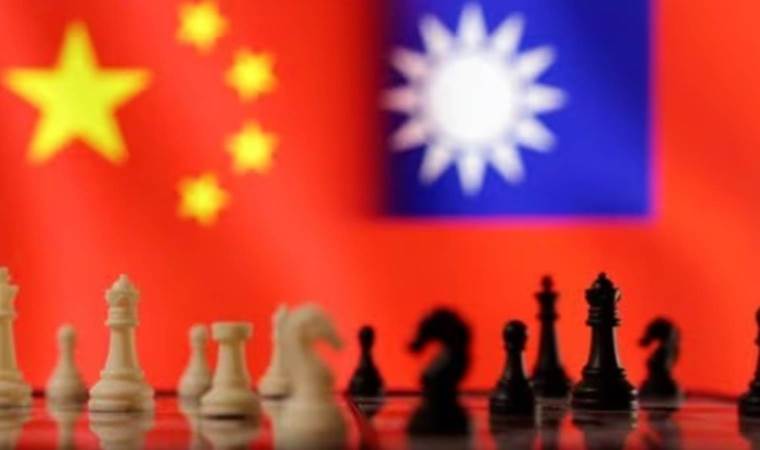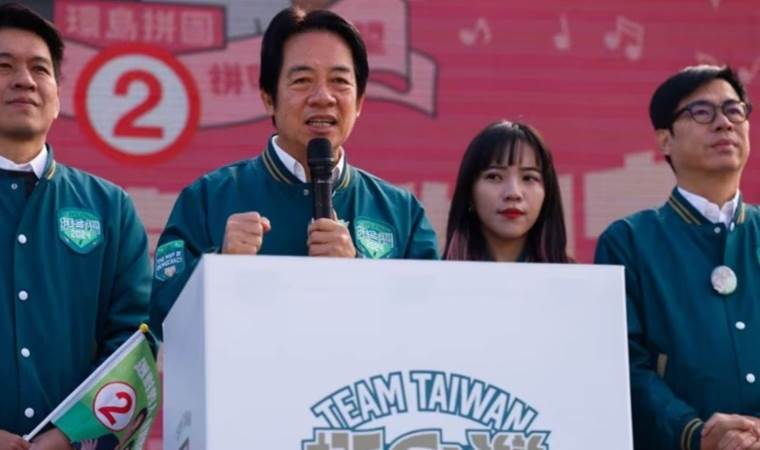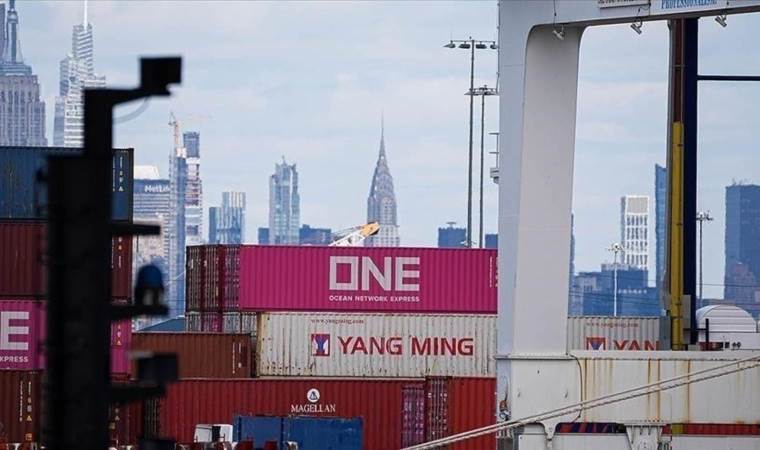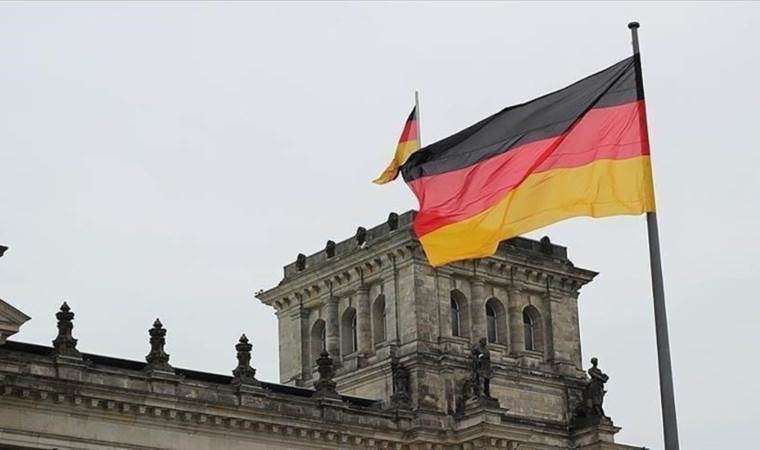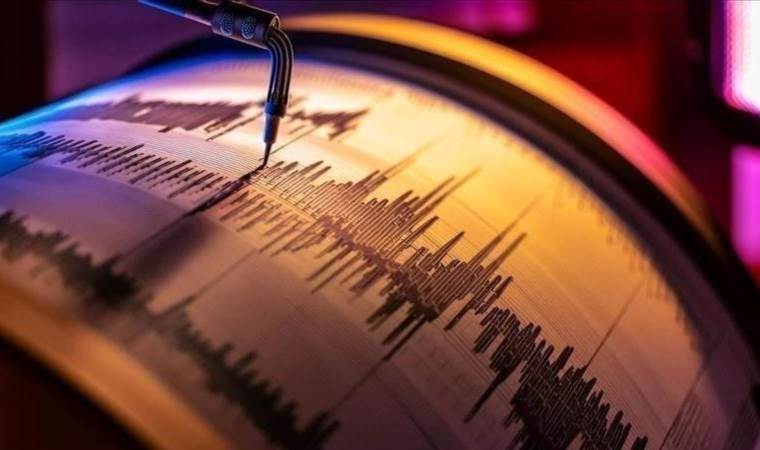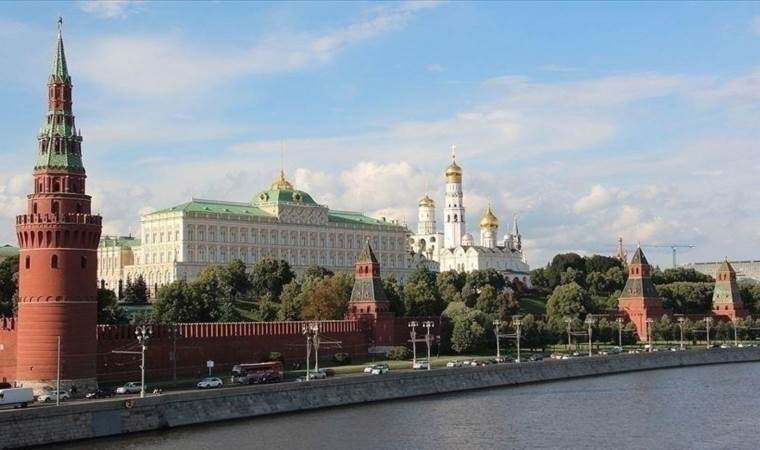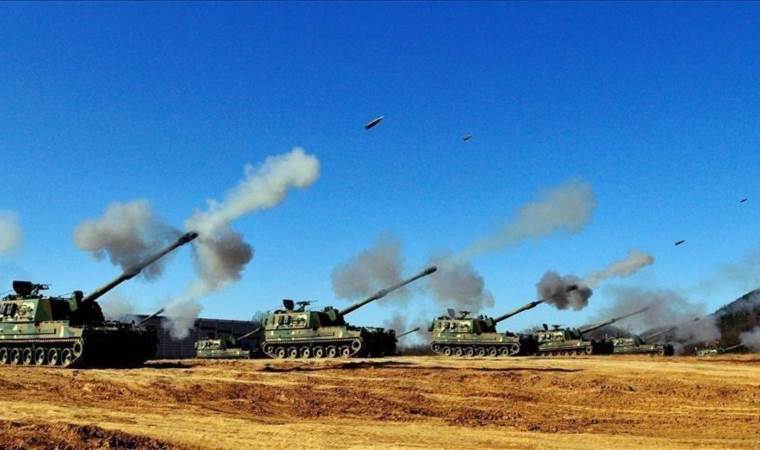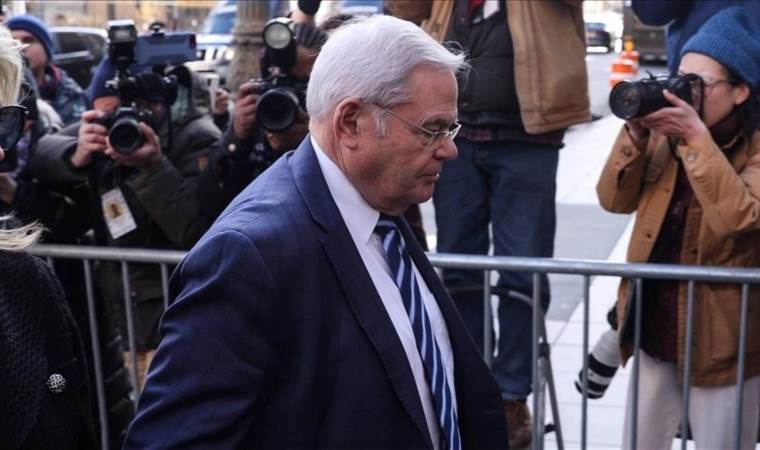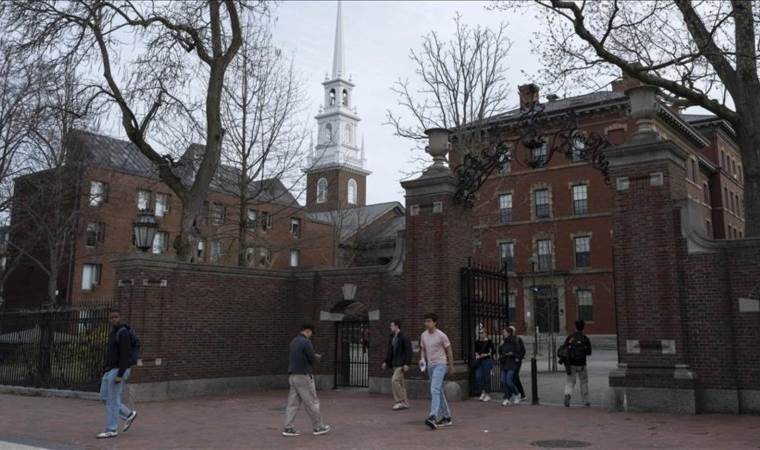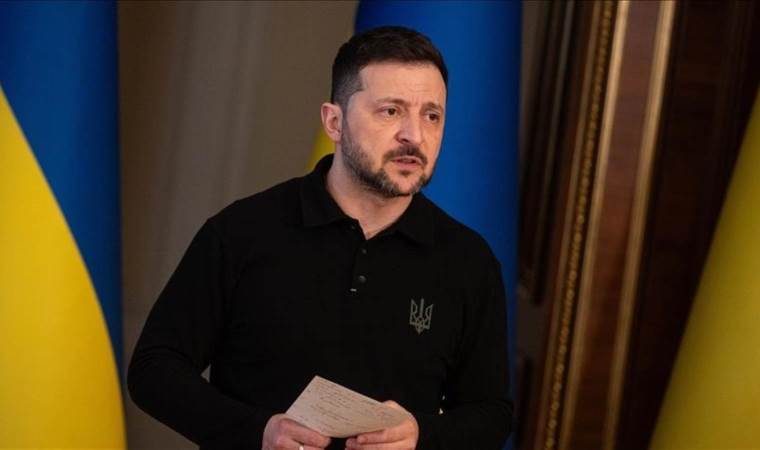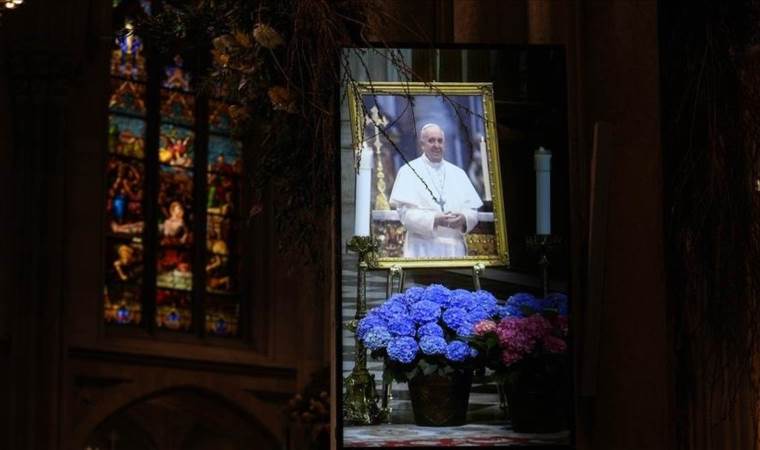Taiwan's new leader faces China pressure, lack of majority
Taiwan's president-elect Lai Ching-te, from the Democratic Progressive Party (DPP), is preparing for a challenging four-year term.
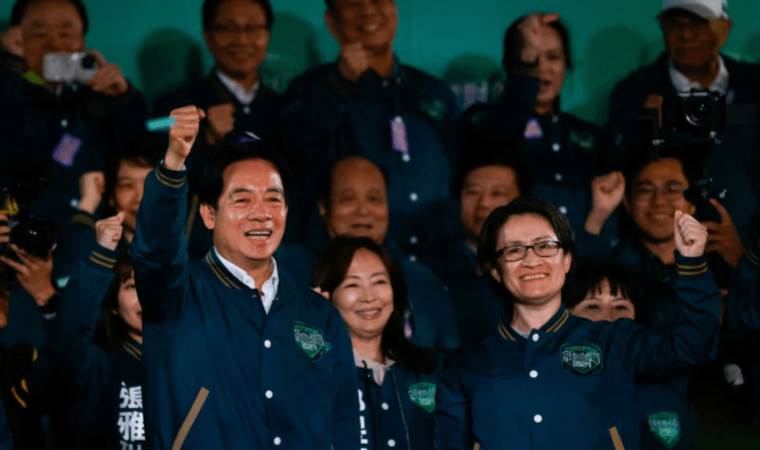
Winning the election with less than half the vote, Lai's victory also coincided with the DPP losing its parliamentary majority. This loss puts significant legislative and budgetary responsibilities on Lai's shoulders.
Lai, set to take office on May 20, faces scrutiny from China. Beijing's Taiwan Affairs Office noted that most Taiwanese voters opposed Lai, suggesting the DPP does not reflect the island's mainstream public opinion.
Lin Fei-fan, a senior member of a DPP think tank, expressed concerns about the upcoming term, especially regarding relations with China. He fears that opposition lawmakers, holding a legislative majority, may push to revive a controversial service trade pact with China, suspended a decade ago amid widespread protests.
The main opposition Kuomintang (KMT) and the smaller Taiwan People's Party (TPP) both campaigned to restart the trade agreement. TPP chairman Ko Wen-je described their role in parliament as a "critical minority," while KMT's defeated candidate Hou Yu-ih focused on the opposition's responsibilities without confirming a coalition with the TPP.
China, steadfast in its sovereignty claims over Taiwan, has dismissed Lai's calls for dialogue. Prominent Chinese commentator Hu Xijin emphasized the irrelevance of Taiwan's election outcomes to China's ultimate reunification goals.
China had portrayed the election as a choice between war and peace, urging voters to make the "correct choice," without endorsing specific candidates. Lai I-chung, president of the Taipei-based think tank Prospect Foundation, expects China to maintain its hardline approach toward Taiwan.
China has recently intensified military activities around Taiwan, including war games and operations in the Taiwan Strait, and imposed trade restrictions. The DPP has condemned these actions as election interference, a claim China rejects as electoral manipulation by the DPP.
Su Tzu-yun, a researcher at Taiwan's top military think tank, does not expect immediate military action from Chinese President Xi Jinping. Xi is likely to assess Lai's stance in the lead-up to his inauguration.
While China has never renounced the use of force to assert control over Taiwan, which it considers sacred territory, Victor Gao, a professor at Soochow University in China, observed that most Taiwanese voters did not support Lai. He noted that the elections did not significantly alter the political landscape.
China's military has remained silent on the election outcome. However, the Eastern Theatre Command recently showcased missile boat drills on its WeChat account, a display of military capability. The command noted that one of the boats participated in a 1965 naval battle with Taiwan, highlighting its troops' legacy of bravery and combat skills.
Most Read News
-
 China integrates AI into undergraduate studies
China integrates AI into undergraduate studies
-
 South Korea, US to hold trade talks this week
South Korea, US to hold trade talks this week
-
 Germany cuts economic growth forecast to stagnation for
Germany cuts economic growth forecast to stagnation for
-
 6.3 magnitude earthquake strikes off Indonesia’s Talaud
6.3 magnitude earthquake strikes off Indonesia’s Talaud
-
 Kremlin says Putin open to talks on civilian strikes mor
Kremlin says Putin open to talks on civilian strikes mor
-
 South Korean military holds live-fire drills near inter-
South Korean military holds live-fire drills near inter-
-
 Wife of former US Senator Menendez found guilty in bribe
Wife of former US Senator Menendez found guilty in bribe
-
 Harvard University sues Trump administration over fundin
Harvard University sues Trump administration over fundin
-
 Zelenskyy demands Russian clarity over strikes on civili
Zelenskyy demands Russian clarity over strikes on civili
-
 Pope Francis' funeral to take place on April 26, Vatican
Pope Francis' funeral to take place on April 26, Vatican
